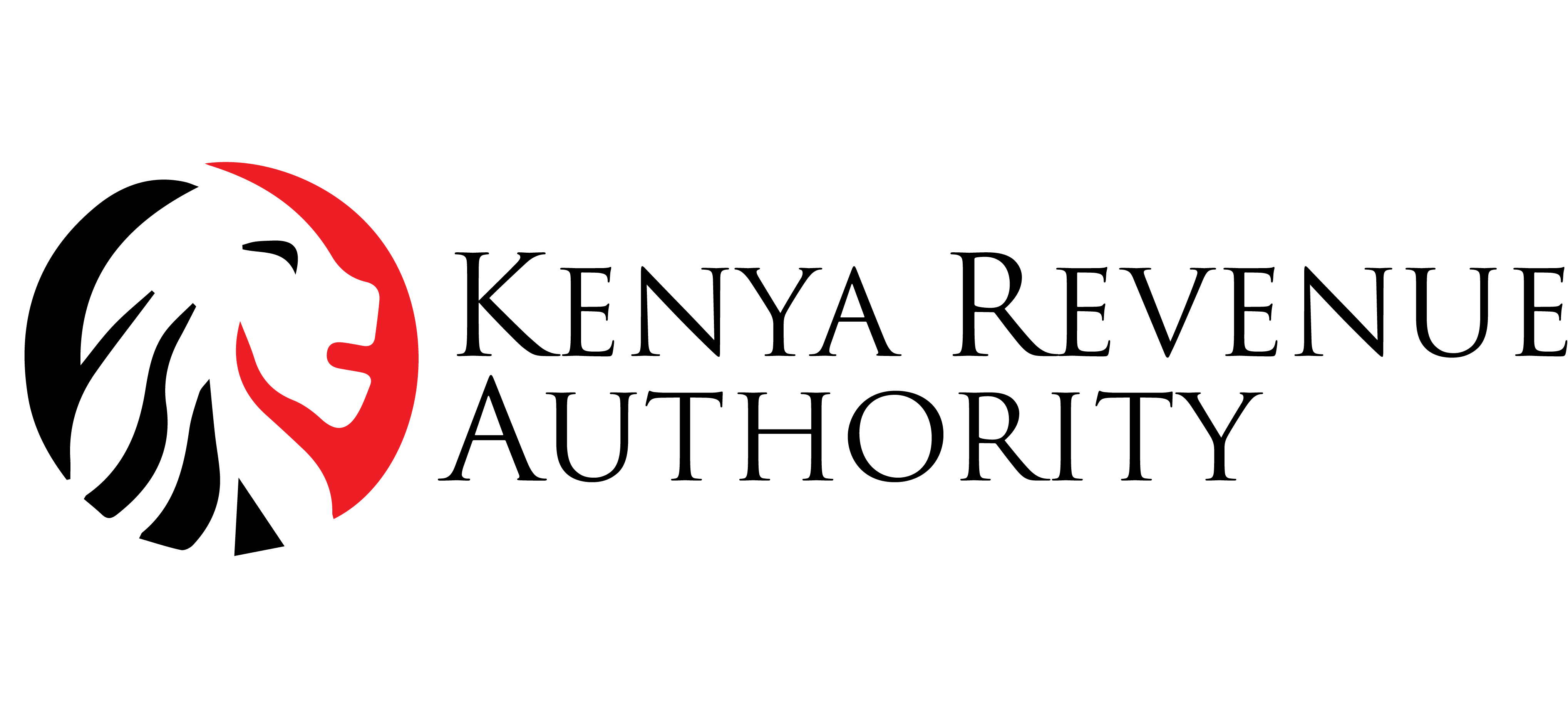Executive Summary
The Finance Bill 2025 ushers in a mix of tax hikes, targeted incentives, and regulatory tweaks that will affect businesses, investors, and individuals alike. PwC’s review points to four big themes:
-
Expanded Excise Duties targeting new goods and services, including green tech and digital assets.
-
Tighter Income Tax Rules, with limits on loss carry-forwards and new transfer pricing frameworks.
-
Targeted VAT Reliefs for strategic sectors like tea, coffee, and defence welfare.
-
Investor Incentives under the Nairobi International Financial Centre (NIFC) to pull in capital.
The bill blends revenue generation with selective economic stimulation, but businesses should watch the compliance workload and cash flow impact.
1. New and Tweaked Excise Duties (Effective 1 July 2025)
-
Plastic films, kraft paper, aluminum frames, and even direct air capture machines are now taxed — Kenya’s green tech push comes with an excise tag.
-
Digital assets: A 10% excise duty on transaction fees for virtual assets replaces the old Digital Assets Tax, pulling crypto firmly into the net.
-
Ultra-strong spirits (90%+ alcohol): Ksh 500 per litre. Less about taste, more about tax brackets.
-
Betting and gaming: Rate shifts from 15% on wagers to 5% on deposits into wallets. Structural change, but still costly for operators and punters.
2. Income Tax and Related Tweaks
-
Per diem allowance threshold jumps from Ksh 2,000 to Ksh 10,000 per day, boosting travel budgets.
-
Tax losses carry-forward capped at five years — no more indefinite offsets.
-
Unlimited capital loss offsetting scrapped.
-
Advance Pricing Agreements (APAs) effective 1 January 2026 for more certainty in related-party pricing.
-
Country-by-Country Reporting (CbCR) mandatory for multinationals from 1 January 2026 — annual global disclosures required.
3. VAT & Sector-Specific Reliefs
-
VAT exemptions now cover Defence Forces welfare services.
-
Zero-rated status for tea and coffee packaging to boost export competitiveness.
4. Nairobi International Financial Centre (NIFC) Incentives
-
Startups: 15% corporate tax for the first 3 years, then 20% for the next 4.
-
Large investors (≥ Ksh 3 billion): 15% corporate tax for 10 years, then 20% for the next decade.
-
Dividend tax relief if earnings are reinvested locally.
5. Privacy and Data Access Provisions
-
Parliament rejected KRA’s request for unrestricted taxpayer data access — a win for privacy protections.
The Bottom Line
-
Businesses: Expect higher costs in manufacturing, packaging, digital services, and gaming. Review budgets and margins.
-
Individuals: Higher per diems sweeten business travel, but loss carry-forward caps will bite long-term planners.
-
Big Investors: NIFC incentives remain a powerful magnet for large-scale investment.
-
Privacy Advocates: Taxpayer data is shielded from blanket access requests.
Want to keep your payroll and HR in sync with shifting tax rules? We are your plug.
Call us: +254 702 339 699
Email: sales@faidihr.com
We will make sure your systems are as updated as your compliance strategy.





